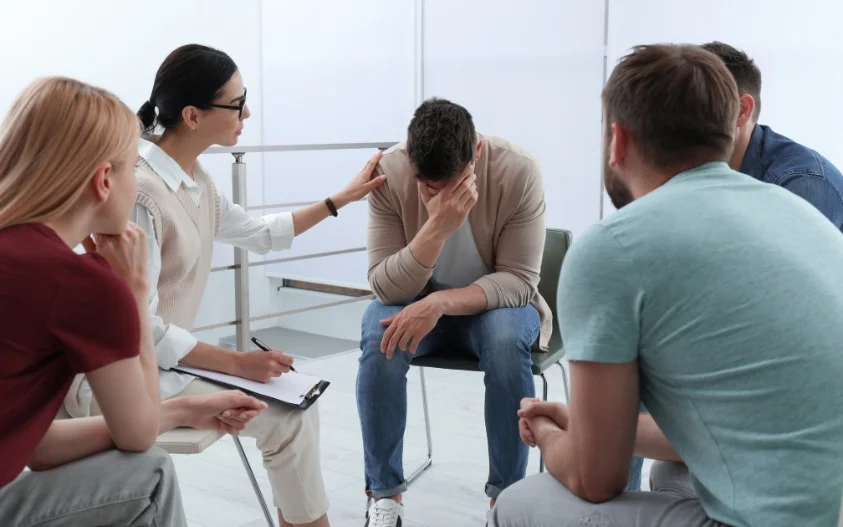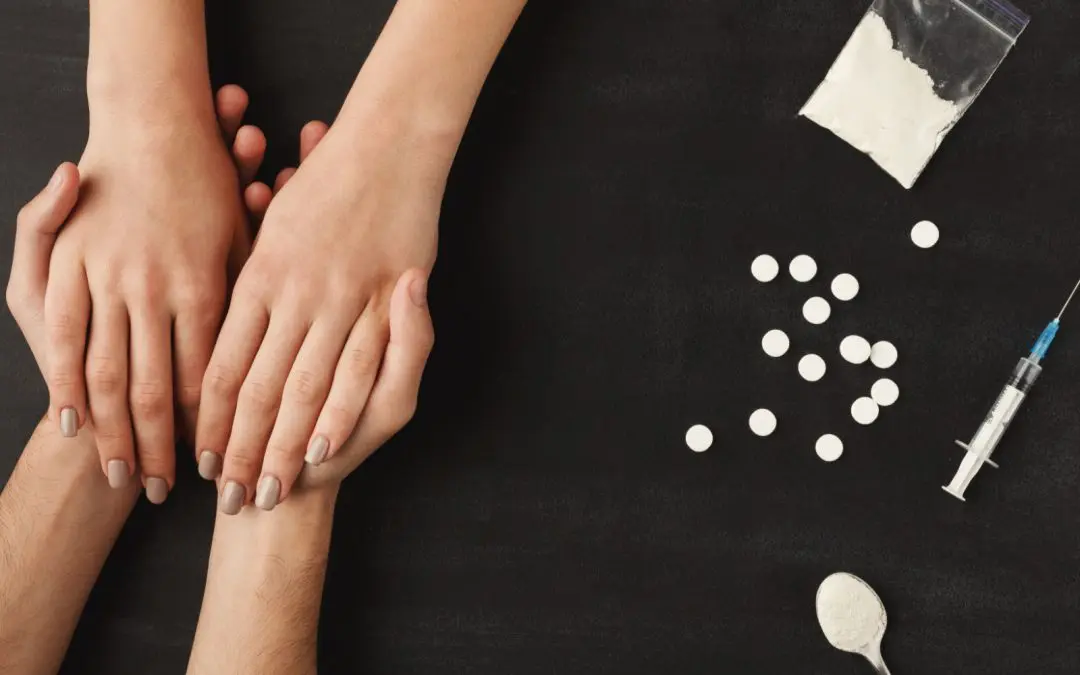24/7 Helpline:
(866) 899-221924/7 Helpline:
(866) 899-2219
Learn more about Ecstasy Rehab centers in Richland
Ecstasy Rehab in Other Cities

Other Insurance Options

Sliding scale payment assistance

Providence

United Health Care

Optum

Health Net

Multiplan

Humana

State Farm

Group Health Incorporated

MVP Healthcare

Ambetter

Aetna

Absolute Total Care

Covered California

Optima

Private insurance

Coventry Health Care

Holman Group

Highmark

Meritain









First Step Community Counseling Services
First Step Community Counseling Services is a private rehab located in Kennewick, Washington. First ...

Action Counseling
Action Counseling is a private rehab located in Kennewick, WA. Action Counseling specializes in the ...

MERIT Resource Services
MERIT Resource Services provides quality outpatient alcohol drug counseling services. MERIT Resource...




































Advocates for Wellness
Advocates for Wellness is a private rehab located in Kennewick, Washington. Advocates for Wellness s...

Ideal Balance
Ideal Balance is a private rehab located in Kennewick, Washington. Ideal Balance specializes in the ...
















